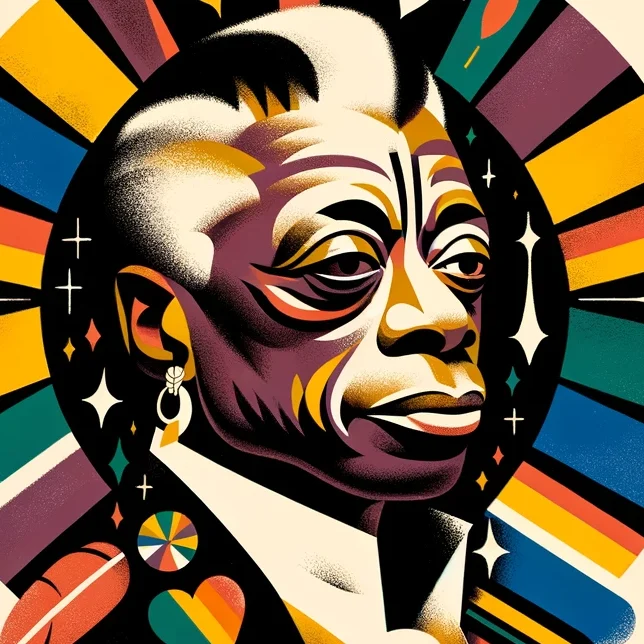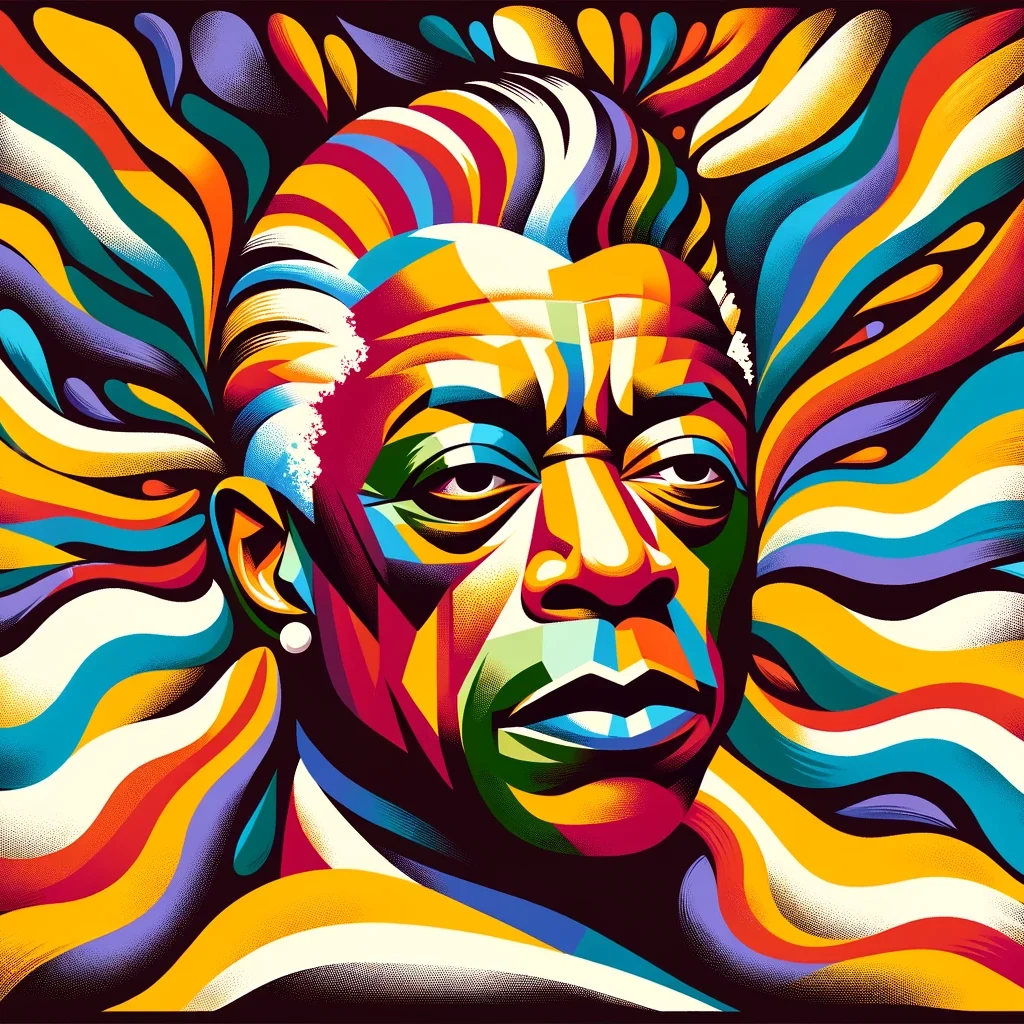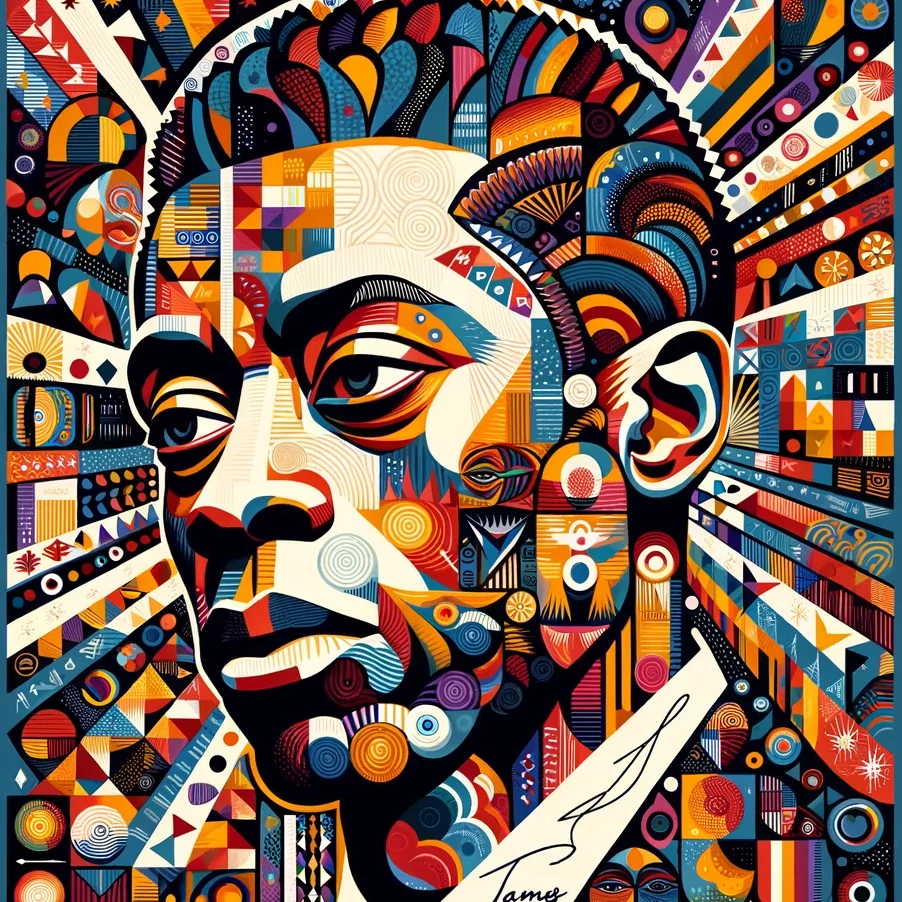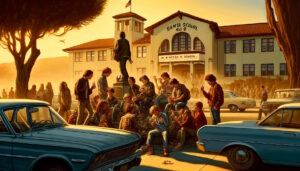James Baldwin and Black History Month
Black History Month is meant to celebrate and honor the history and achievements of African Americans. However, part of truly honoring that history is grappling with the full legacy of racism and oppression that has shaped the Black experience in America. James Baldwin, as both an activist and writer during the height of the Civil Rights Movement in the 1950s-60s, offers profound insight into this tension around recognizing Black history and the contemporary realities many African Americans still face.
In his 1963 work The Fire Next Time, Baldwin argues that though progress had nominally been made in dismantling racist laws and barriers, true social equality remained elusive. Baldwin did not view achieving something as abstract as “civil rights” as the end-goal for Black liberation. Rather, he was concerned with tackling the deeply ingrained racism, both institutional and social, that determined “the Negro’s place in American life.” His writing called attention to ongoing de facto segregation in housing and schools, police brutality targeting Black neighborhoods, exploitative social services policies, and myriad microaggressions and indignities faced by African Americans daily.

Baldwin argues that celebrating something as ephemeral as Black firsts or breakthrough political victories rings hollow when weighed against these systemic failures to value Black lives and ensure Black well-being. Though the intention of Black History Month is to uplift the Black community, Baldwin might critique the way it can sometimes gloss over present-day problems by dwelling on past oppression that’s comfortably viewed as overcome. Commemorating the Montgomery Bus Boycott, for example, risks suggesting that access to public transit is no longer a civil rights issue worthy of contemporary concern and activism.
Through writings like The Fire Next Time, Baldwin demands that honors towards Black history confront contemporary American society with uncomfortable truths – something Black History Month often falls short of in its largely positive, surface-level review of people and events. Any commemoration of centuries of Black activism must reckon with why that fight has never reached a defensible resolution. Baldwin might argue that making Black History Month part of a true racial reckoning means spotlighting not just the injustices of the past but all their remnants that endure into the present at alarming scale. Doing so illuminates the scope of labor still needed to shape an equitable society; the kind of society Baldwin spent his life agitating and writing for.
While Baldwin was an incisive critic of racial injustice against Black Americans, his legacy holds different meanings across oppressed communities. Baldwin was also one of the first prominent, openly gay Black writers of his era. Yet Baldwin’s writings on sexuality receive comparatively little attention next to works like The Fire Next Time. Some scholars argue his queer identity made him feel too marginalized to gain widespread popularity as a Civil Rights leader during his lifetime. So while the Black community lays claim to Baldwin’s activism against racism, his sexuality remains obscured.
During the HIV/AIDS epidemic in the 1980s, Baldwin’s fiction and essays on queerness were rediscovered by members of the LGBTQ community searching for voices that echoed their struggle. Works like Giovanni’s Room and “The Preservation of Innocence” addressed complex themes of masculinity, identity, and sexuality that resonated anew. In some ways, the social climate around sexual orientation had scarcely progressed since Baldwin indicted homophobia and toxic masculinity in the 1950s. Sadly, Baldwin had not lived to witness substantial liberation in attitudes towards queer relationships or identity.

Just as Baldwin implored Black America to confront modern legacies of white supremacy, his writings challenge LGBTQ communities to reckon with contemporary transfobia, homophobia, and binaries around love and gender. Through this lens, Baldwin stands not just as an advocate for racial equality, but gender and sexual equality – another fighter whose history is commemorated during Pride Month each June. For Black LGBTQ individuals, Baldwin remains doubly relevant as a pioneer who was both Black, queer, and proud; unlike contemporary Black leaders who shied away from applying the same revolutionary zeal to their deeply personal cause.
Baldwin’s critiques urge modern generations like Gen Z to become stewards of his incongruous legacy. Baldwin stands among the civil rights pioneers Black youth continue marching to honor each February. But his vision also pushes us as Gen Zers – perhaps the queerest, most gender fluid generation yet – to broaden assumptions that equality activism belongs solely to our elders. Baldwin’s writing reminds Gen Z that though older generations sparked major social revolutions, they left behind incomplete ones – whether around sexuality, environmental justice, or human rights.

We inherit the duty not just to commemorate heroes of the past, but realize the freedoms they dreamed of and were denied in their lifetimes. That means applying Baldwin’s thinking to contemporary activism addressing crises and violence disproportionately impacting minority groups today. From Black trans women to undocumented immigrant youth, there are young, queer, racially diverse Americans for whom the fight for acknowledgement – and rights – rages on in often intersecting ways. Baldwin may not serve as Gen Z’s mirror the way he reflected those of the Silent Generation. Even so, his beautifully blunt writing voices hard truths about oppression that resonate across backgrounds. Baldwin’s work urges us to honor Black History’s vanguards while forging an identity as next-generation freedom fighters.










